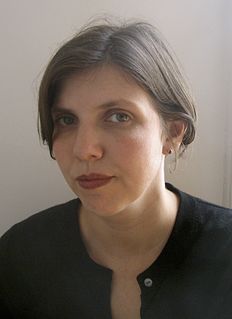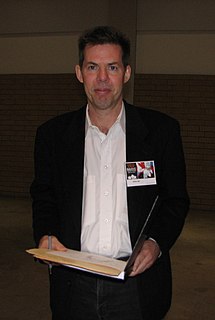A Quote by Hermann von Helmholtz
The smallest quantity of alcohol scares away novel ideas.
Related Quotes
There's no really other way to learn writing than by writing. So accelerate that as much as you can. The more you write, the better you'll get. What also helps, though, is walking away from broken stuff. Not everything's going to work. Killing two years of your life trying to resuscitate a dying novel, I don't know. Why not just write a different one? You'll have more ideas. You can't help having ideas.
Some of the morays have held on. When I was in school, I remember asking the question, "Why is it that whenever I walk into a fraternity there's alcohol everywhere and there's no alcohol in a sorority? Why is it that sororities won't allow alcohol, but fraternities do? What is that?" You know, nobody had a really good answer, and that's kind of held on. It's one of the issues that's being examined now - the role of alcohol in sexual assault.




































